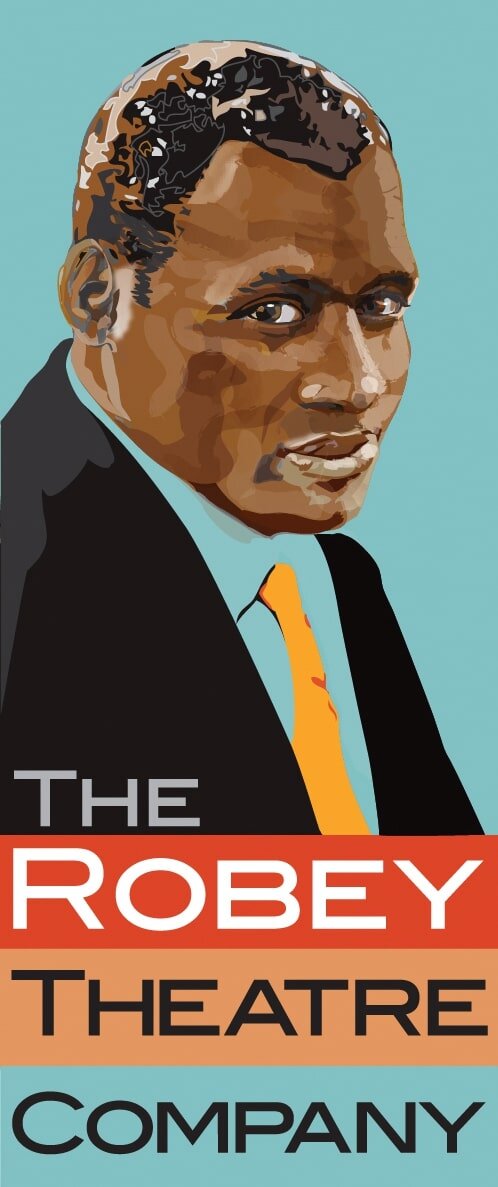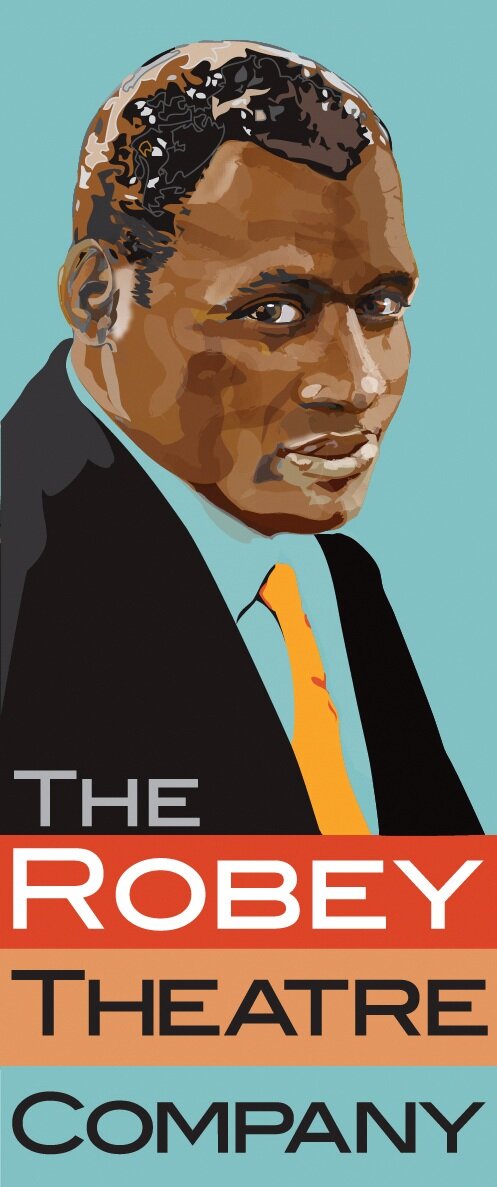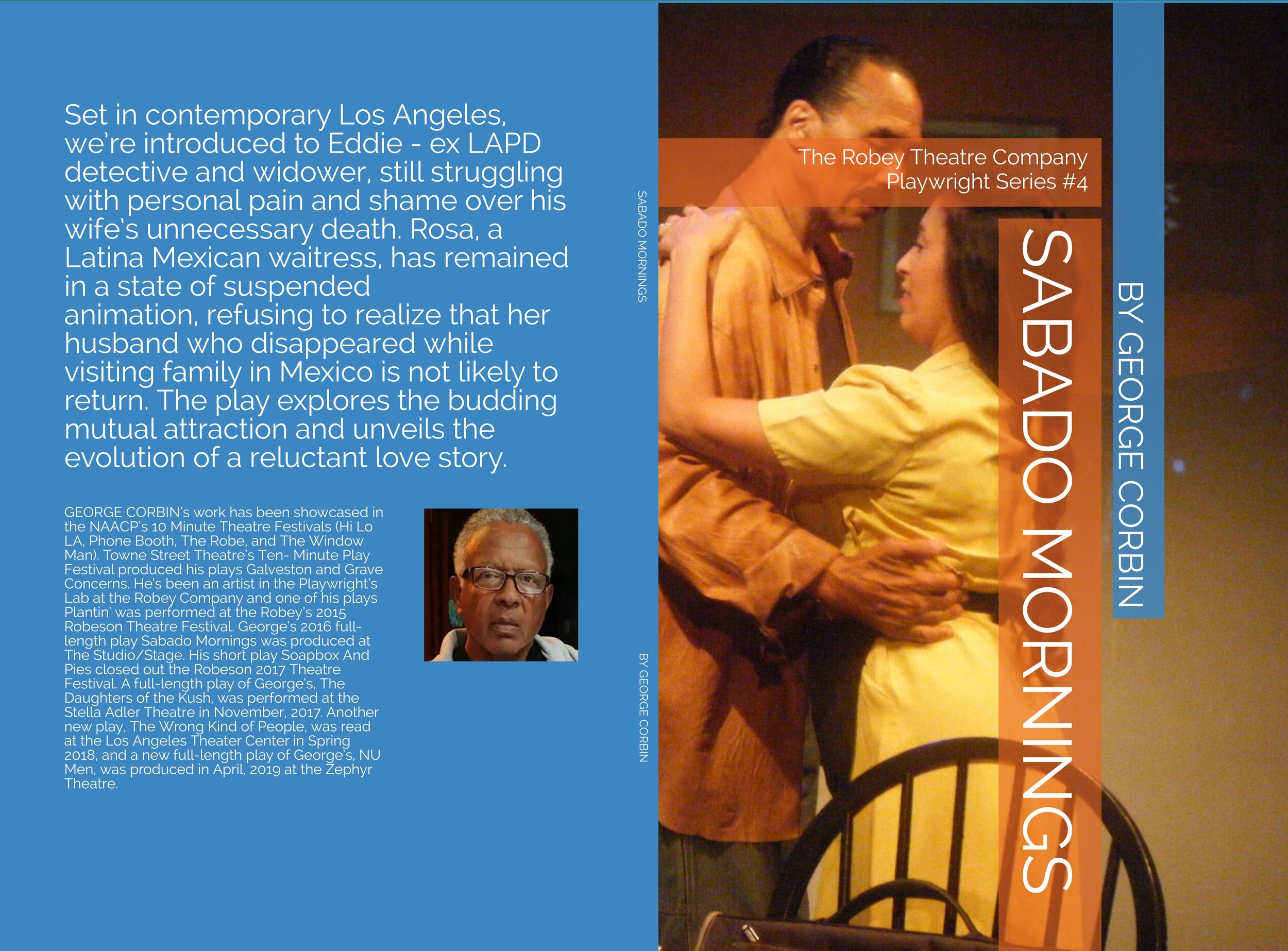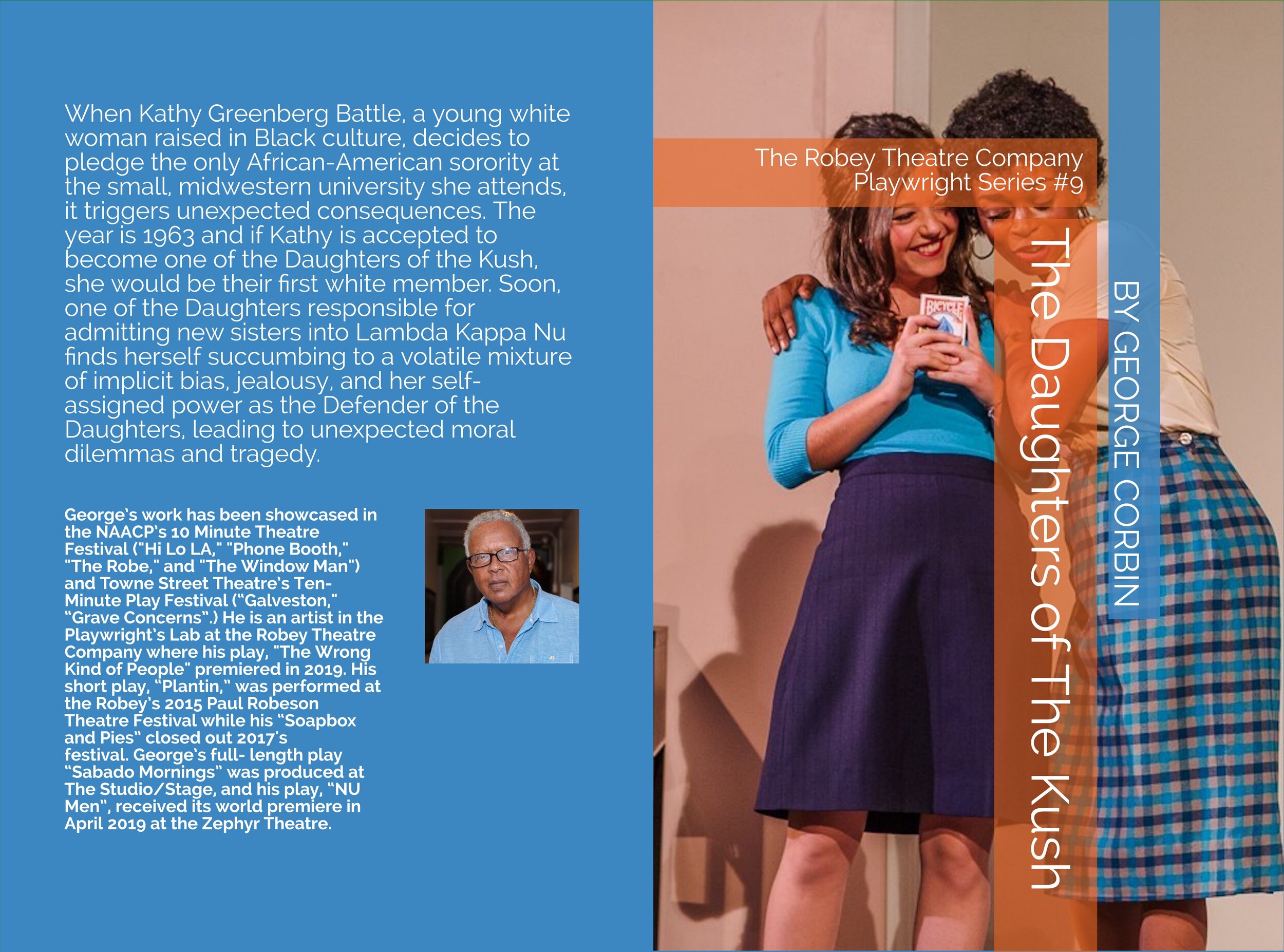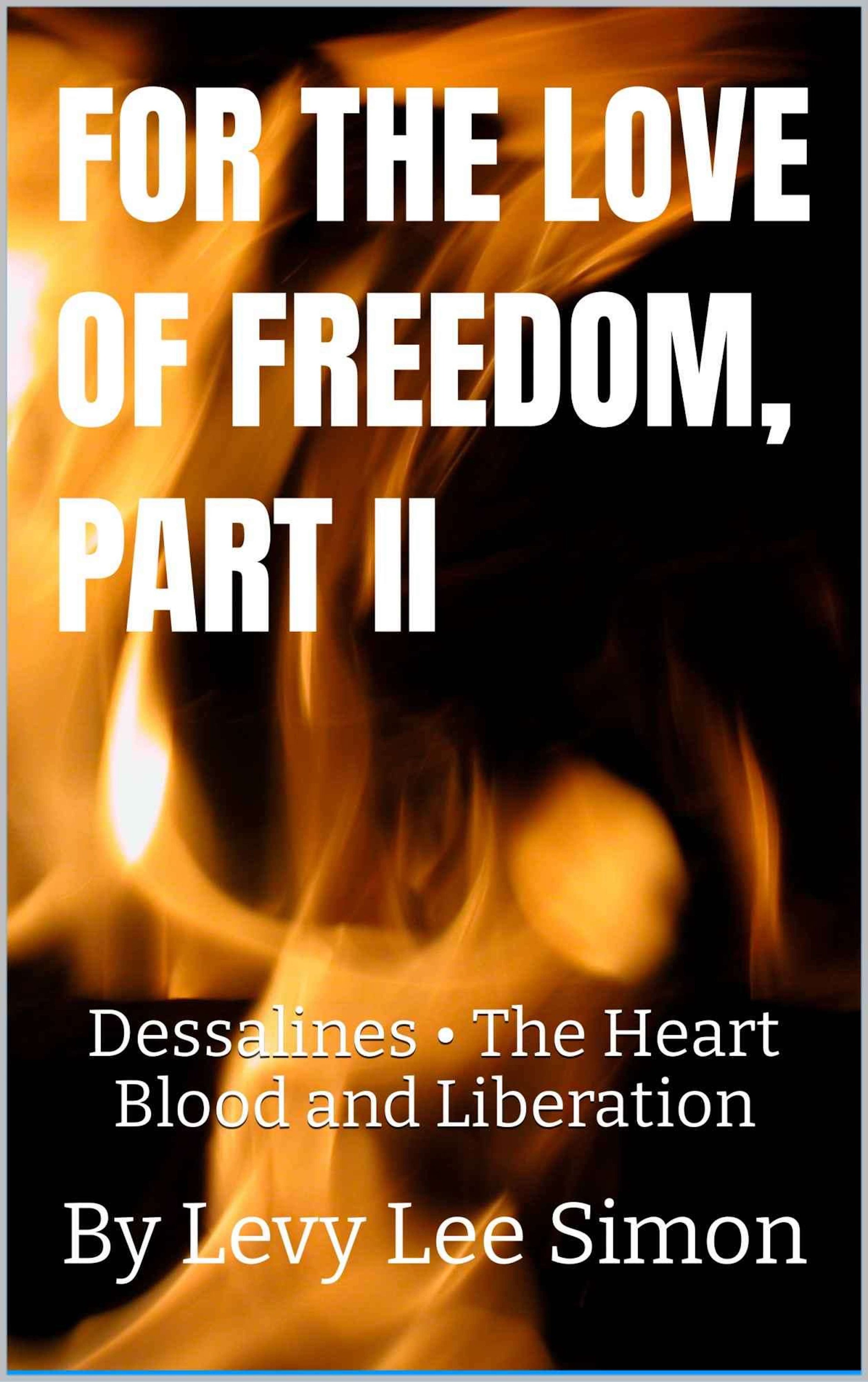
THE ROBEY THEATRE COMPANY
RELEASES EIGHT PLAY SCRIPTS
BY BLACK PLAYWRIGHTS

The Robey Theatre Company has made its mission the telling of the stories of the Black global diaspora on stage. It is now also doing so in print. The Robey Theatre Company Playwriting Series currently has twelve play scripts in publication, available in paperback edition and also in Kindle format. These plays, all by Black playwrights, are available through Amazon.
With the exception of The Magnificent Dunbar Hotel, all of the plays were developed in whole or in part in The Robey Theatre Company Playwrights Lab. Six of the plays received their World Premieres on the main stage of The Robey Theatre Company: The Magnificent Dunbar Hotel; The Wrong Kind of People; The Emperor’s Last Performance; Pity the Proud Ones; and Birdland Blue.

Birdland Blue
by Randy Ross Ph.D
(In Fond Memory of our dear friend Randy Ross Ph.D., May you rest in power.)
Birdland Blue, a two-act play, offers a fictionalized riff on a sticky, warm night in the life of legendary musician Miles Davis. It’s summer 1959. The place: Birdland, the famed New York City jazz club. Possessed by the incompatible goals of both creating innovative music and living the life of the rich and famous, Miles comes under great pressure: (1) a nightclub owner doesn’t want to pay him what he’s worth; (2) the police threaten his livelihood; (3) key members of his great sextet (including Cannonball Adderley and John Coltrane) are rebelling or threatening to quit the band; and (4) a beautiful writer shows up to tilt his balance. Wrestling with his personal demons, will Miles make it through the night unscathed?
"The play spools out in one 90-minute act, engaging eye, ear, and heart all the way… Ross invents dialogue that could have been spoken, illuminating the individual genius of these stellar creative talents and their interactions... Fans of the coolest music of that era will not want to miss this unusually moving play." (Eric A. Gordon, People's World, April 10, 2019)
“The remarkable musicians who perform Davis’ music live throughout the show include Marion Newton (bass), Ricardo Mowatt (percussionist0 and Randy Ross (saxophone). These musicians added to the ambiance needed to depict a true jazz club.” (Darlene Donloe, 4-10-2019, Donloe’s Lowdown)

Pity the Proud Ones
by Kurt Maxey
It is 1915 and America is about to lose its innocence. Martin O’Grady has lost his, and his mulatto son shows no intention of letting it be forgotten. That is, as long as he hasn’t been paid for services rendered to his father. The two men clash when the father is forced to pay his son; by the only woman he ever loved: an ex-prostitute, who is a part-owner of the most profitable bordello in St. Augustine, Florida. Promises are made; contracts to be honored. Yet, a hurricane makes its deadly approach. Will there be enough time for suffering to be resolved and love to win out over pride? Only time will tell.

The Emperor’s Last Performance
by Melvin Ishmael Johnson
Charles Gilpin’s performance in Eugene O’Neill’s play, The Emperor Jones, propelled him to the height of his craft and, at the same time, made O’Neill one of America’s greatest playwrights. But the role of Brutus Jones in The Emperor Jones was not Charles Gilpin’s greatest performance. His greatest performance was in pretending that he liked the role that made him a star. The Emperor’s Last Performance traces the life and career of pioneering African-American actor Charles Sidney Gilpin, from his early days in vaudeville to his rise to fame in Eugene O’Neill’s The Emperor Jones.
To find more information on the playwright, visit: dramastage-qumran.org

Sabado Mornings
by George Corbin
Set in contemporary Los Angeles, we’re introduced to Eddie, an ex-LAPD detective and widower, still struggling with personal pain and shame over his wife’s unnecessary death. Rosa, a Latina Mexican waitress has remained in a state of suspended animation refusing to realize that her husband, who disappeared while visiting family in Mexico, is not likely to return. The play explores their budding mutual attraction and unveils the evolution of a reluctant love story.
To find more information on the playwright, visit: http://playwrightgeorgecorbin.com

92 Grove Street
by Randy Ross, Ph.D.
(In Fond Memory of our dear friend Randy Ross Ph.D., may you rest in power.)
Beginning in 1963, a fiery minister, Malcolm X, and a struggling writer, Alex Haley, began meeting late night in a small room to create what would become a touchstone book of the 20th century, The Autobiography of Malcolm X. 92 Grove Street probes what went on in that room over 50 years ago.

The Magnificent Dunbar Hotel
by Levy Lee Simon
We want to take you on a journey, a ride, back to a time not too long gone, when the men were so dashing and the women were so fine, if you weren’t careful you might lose your mind. Come with us back to the '30s and '40s on Central Avenue in LA, where jazz was the music of the day. Back to a time when men kept their hair cut and their shoes shined, and you could get a chicken sandwich for a dime. Sunshine and palm trees, cruising on Central Avenue with ease, where the Duke, the Count, Dorothy Dandridge and Lena Horne performed your favorite songs, and intellectuals debated the politics going on, and the average everyday folk felt right at home. Feel that LA night breeze, as the jazz music makes you tap your feet and grab your knees. Where was this place, you might ask this place to be, that had all that jazz!? Well, do tell, do tell, ring the bell. Come with us back to The Magnificent Dunbar Hotel! It stood high and majestic on Central Avenue in the 30s and 40s, this place to be for the Black community. Entertainers, socialites, athletes, intellectuals, and everyday folk, made The Dunbar Hotel their home before she stood forgotten and all alone.

The Wrong Kind of People
by George Corbin
Theo, an African-American law student needing privacy to study for the California Bar Exam in 1942, checks in at the exclusive Guardian Hotel located in downtown Los Angeles. He is assigned to “The Colored Room” a rarely used, run-down room at the back of the hotel. During his first night at the Guardian, his studies are interrupted by four diverse “denizens of the night” who seek private entry to the hotel via his window. Over the course of the evening, Theo gains the real world education needed to prepare him for the challenges of a career as an attorney.
To find more information on the playwright, visit: http://playwrightgeorgecorbin.com

The Daughters of the Kush
by George Corbin
When Kathy Greenberg Battle, a young white woman raised in Black culture, decides to pledge the only African-American sorority at the small, midwestern university she attends, it triggers unexpected consequences. The year is 1963 and if Kathy is accepted to become one of the Daughters of the Kush, she would be their first white member. Soon, one of the Daughters responsible for admitting new sisters into Lambda Kappa Nu finds herself succumbing to a volatile mixture of implicit bias, jealousy, and her self-assigned power as the Defender of the Daughters, leading to unexpected moral dilemmas and tragedy.
To find more information on the playwright, visit: http://playwrightgeorgecorbin.com

For The Love of Freedom Part I: Toussaint • The Soul • Rise and Revolution by Levy Lee Simon
Part II: Dessalines - The Heart - Blood and Liberation
Part III: Christophe - The Spirit - Passion and Glory
For The Love Of Freedom is an epic trilogy about Toussaint L’Ouverture, Jean Jacques Dessalines, and Henri Christophe. The plays depict the development of the Haitian Revolution in 1789, to the death of King Henri Christophe in 1820. Part One – “Toussaint - the Soul - Rise and Revolution" – is devoted to the beginning of the Haitian Revolution and, Toussaint L’Ouverture. Part Two – “Dessalines - the Heart - Blood and Liberation” – is about the liberation of Haiti and their fight with Napoleon, and the rule of Jean Jacques Dessalines. Part Three – “Christophe - the Spirit - Passion and Glory” – is about the rise of Haiti to a world power under King Henri Christophe during the early 19th century.
To find more information on the playwright, visit: https://www.levyleesimon.com/
Click on the cover to purchase a copy on amazon.

The Robey Theatre Company Playwright Series: Because Black voices matter.
— The Robey Theatre Company

